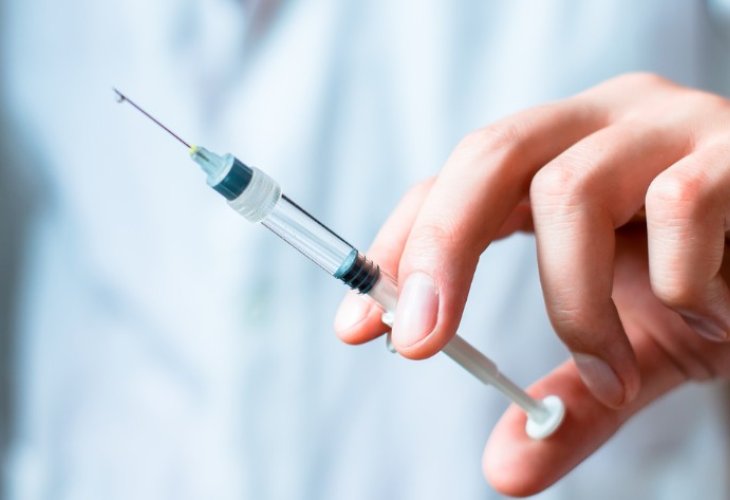For the First Time: Scientists Develop a Vaccine Against the Herpes Virus
Do you suffer from various herpes outbreaks each year? You'll be glad to know that a new study has made a real breakthrough. Is the vaccine coming soon?

The herpes simplex 2 virus infects 500 million people every year. It enters the nerve cells of the skin, remaining 'dormant'. Later, it periodically reactivates, causing significant distress without a permanent cure in sight. However, new research presents surprising findings.
The virus, known as 'herpes simplex 2', infects approximately 500 million people every year and is considered one of the most common viruses affecting humans, for which no cure has yet been found.
But a new study, presented at the recent microbiology conference in Boston, indicates a breakthrough: according to the study, scientists from Indiana University have created a vaccine called GEN-003.
The study involved 310 volunteers who had previously been infected with the virus. Over 21 days, participants received three doses of the vaccine, with intervals of 21 days, and at varying dosages. The results were quick to show: throughout the study year, findings indicated that the vaccine led to a 50% reduction of the virus, and in some cases, a reduction of 69% compared to the period before receiving the vaccines.
It was also found that the vaccine prompted the body to produce T-cells and antibodies against the virus.
Researchers are now preparing for the final phase of the study, during which a larger group of subjects will be tested. If the results are positive, the vaccine will be submitted for approval by the American and European drug administrations.
It is noted that the virus is not considered life-threatening but causes significant pain and discomfort. It is usually transmitted through kissing and then penetrates the skin's nerve cells, remaining dormant until reactivation.
Upon reactivation, blisters appear on the skin, often in clusters, on a red background. The outbreak causes pain and discomfort, and the blisters usually disappear after a week. It can be triggered by fever, stress, menstrual cycles, and sun exposure, with repeated incidents possible every few weeks, months, or years..
Those suffering from outbreaks around the lips typically manage it by avoiding sun exposure and applying various ointments to the blisters, including 'acyclovir', 'zovirax', and 'latrex'.
We hope that in the near future, those affected may benefit from a remedy that fully eliminates the virus.

